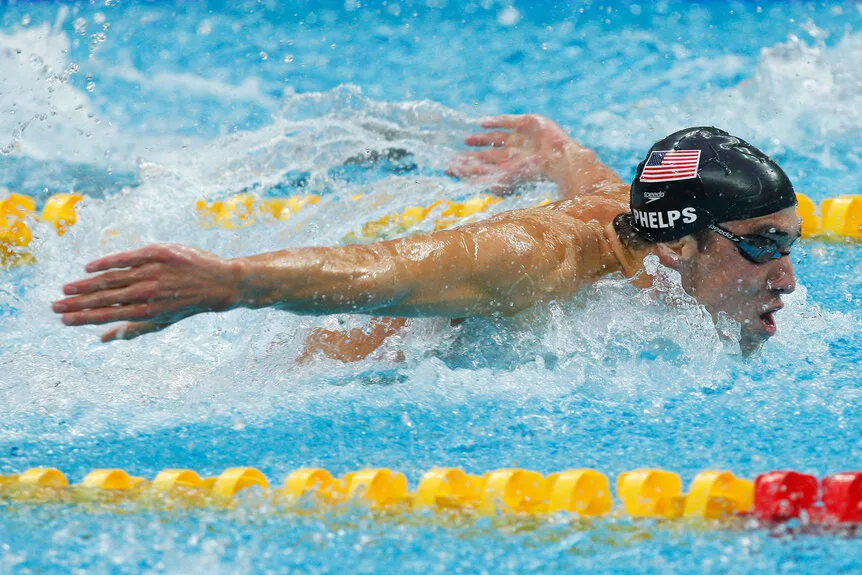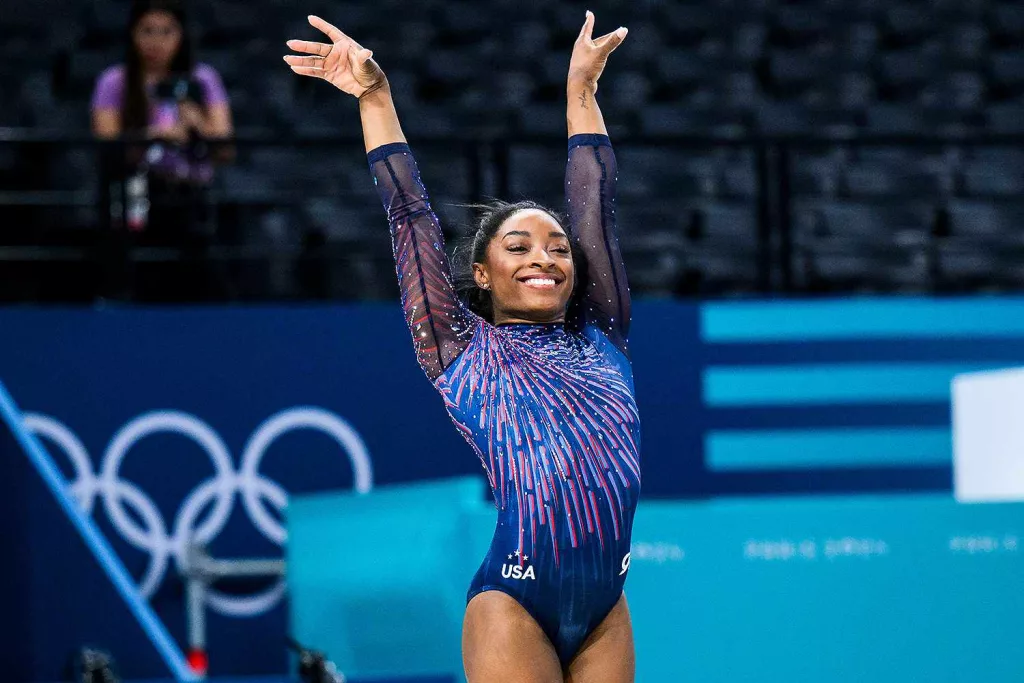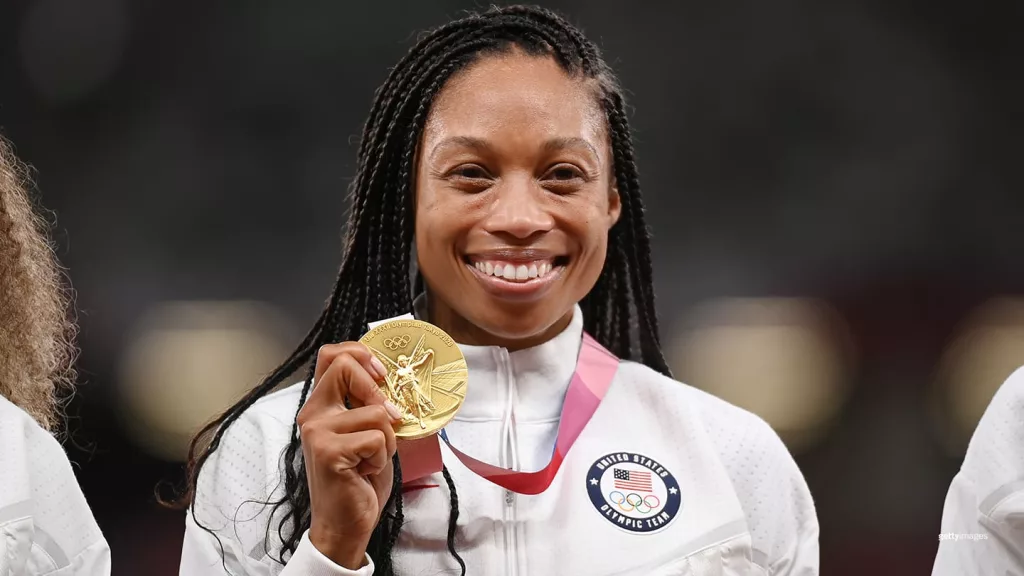As the world tunes in to watch athletes compete at the 2024 Paris Olympic Games, it’s a timely reminder of the powerful role sports can play in education and student success. Participation in sports has been shown to positively impact academic performance, develop crucial social and emotional skills, and promote a healthy lifestyle. Here’s a closer look at how sports, particularly those showcased in the Olympics, can benefit students.
Improved Academic Performance
For many students, participating in sports leads to better academic outcomes. A study published in the Journal of Sports Sciences revealed that student-athletes often have higher GPAs and are more likely to graduate high school compared to their non-athletic peers. This correlation highlights the importance of physical activity in fostering discipline and time management skills, which are essential for academic success.

Michael Phelps, the most decorated Olympian of all time, underscores this connection: “Swimming has been a big part of my life ever since I can remember. It has taught me so many valuable lessons that I still apply to my life today.” Phelps’ experiences illustrate how the skills developed through sports can translate into academic and personal achievements.
Enhanced Social and Emotional Skills
Beyond academics, sports play a crucial role in developing social and emotional skills. According to a study by the Aspen Institute, young athletes are more likely to exhibit leadership qualities, teamwork, and resilience. These attributes are not only valuable on the field but also in the classroom and later in life.

Simone Biles, a four-time Olympic gold medalist, emphasizes the life lessons learned through sports: “The lessons I’ve learned through sports have been invaluable. Sports teach you discipline, dedication, and how to overcome challenges.” Biles’ journey shows how sports can build character and foster a sense of perseverance and resilience.
The Importance of Prioritizing Student Wellbeing in 2024: A Sports Perspective
In 2024, prioritizing student wellbeing is more crucial than ever, and the lessons learned from sports provide a compelling framework for this endeavor. Just as athletes require a balance of physical training, mental preparation, and emotional support to excel, students need a holistic approach to their education and personal development. The rigorous demands of modern education can lead to burnout and stress, much like overtraining can hinder an athlete’s performance. By integrating sports principles into educational practices—emphasizing rest, resilience, and teamwork—schools can create environments where students thrive academically and personally. This holistic approach ensures that students are not just academically proficient but also mentally resilient and emotionally balanced, setting them up for long-term success.
Moreover, the values inherent in sports—discipline, perseverance, and teamwork—are directly transferable to academic and personal growth. In 2024, as we navigate a post-pandemic world, the need for strong social and emotional skills is paramount. Sports teach students how to handle pressure, work collaboratively, and bounce back from setbacks. These skills are essential for coping with the uncertainties and challenges of today’s world. By prioritizing student wellbeing through a sports-centered approach, educators can foster a generation of well-rounded individuals who are equipped to face the future with confidence and resilience. As we look to the future, it is clear that the integration of sports principles into educational strategies is not just beneficial but essential for the holistic development of students.
Increased Physical Activity and Health
The Olympic Games inspire millions to embrace physical activity, which is crucial for overall health. The Centers for Disease Control and Prevention (CDC) found that physically active students have better bone health, cardiorespiratory fitness, and muscular strength. These health benefits are critical for students’ well-being and can enhance their ability to focus and succeed academically.

Allyson Felix, a nine-time Olympic medalist, shares her perspective: “Sports have been a huge part of my life and have taught me the importance of staying active and healthy. I hope to inspire the next generation to make fitness a priority.” Felix’s words highlight the long-term benefits of an active lifestyle and the inspiration that top athletes provide to young people.
Conclusion
The positive impact of the Olympic Games and sports on education is undeniable. From improved academic performance and enhanced social and emotional skills to promoting physical health, sports offer invaluable lessons and experiences. As educators, parents, and policymakers look to foster well-rounded development in students, encouraging participation in sports can be a key strategy. The stories of Olympians like Michael Phelps, Simone Biles, and Allyson Felix remind us of the transformative power of sports and the lifelong benefits they offer.
Summary
- Improved academic performance among student athletes.
- Development of essential social and emotional skills through sports.
- Promotion of physical activity and healthy lifestyles.

